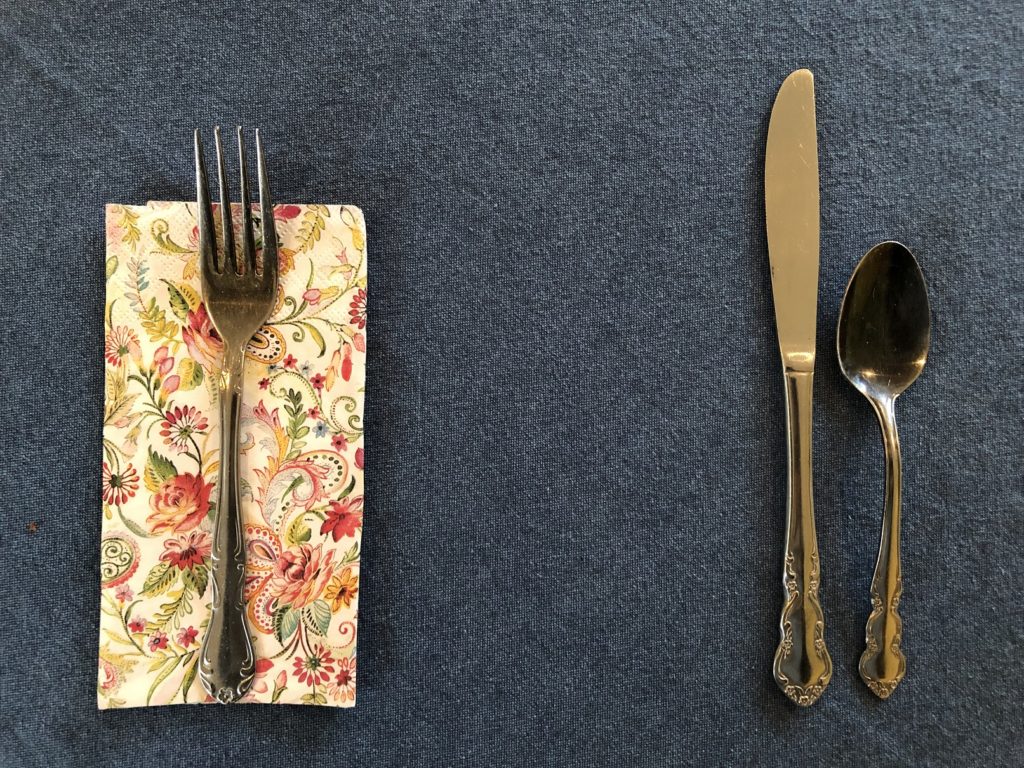(Originally published April 6, 2020)
For years, my husband, Michael, and I have set our dining room table with cloth napkins, not paper, to create a tiny bit less garbage. We throw vegetable scraps on the compost pile. We recycle as much as possible. We try hard not to waste.
As we watched the coronavirus sweep across China, Europe, and other parts of the world, we joined millions of Americans in packing the refrigerator and the freezer. We stockpiled canned goods in the garage—all to be judiciously consumed. For me, this “waste not, want not” mindset is nothing new. My mother, Dorothy, raised me and my siblings to prepare for tough times—always—as a direct result of her own harrowing childhood.
My mother was born in Connecticut in 1930 but grew up in Germany. Her father died when she was 8 years old, leaving my grandmother—an American—to raise four children in Germany during World War II as a single parent.
After a bomb damaged the house next door, the family fled south to the Lake of Constance. In an effort to be spared from air raids, the region kept the lights on at night, hoping to blend in with neutral Switzerland. Worse than the fear, was the hunger, as food was strictly rationed.
My mom rarely spoke about her experiences, but as I matured, I realized that the scars from her formative years shaped her habits for life. She never wasted food. I vividly remember her reprimanding my childhood friend for throwing away the heel of a loaf of bread as we made peanut butter and jelly sandwiches. Even though my father earned a good salary, my mom sewed clothes for me and my sister to save money. She insisted we conserve water when we showered. In grade school, I felt humiliated because I was expected to bring home my brown paper lunch bags so my mother could reuse them.
Today, as the invisible enemy dubbed “the beast” crisscrosses the country, more than 10,000 Americans have died; millions more are out of work, panicking about keeping a roof overhead and putting food on the table.
Experts predict COVID-19 will soon come to a devastating peak before the crisis begins subsiding. We’ll exit our cocoons to hug and console. We’ll hold thousands of belated funerals, graduations, and weddings. We’ll eat in restaurants, attend baseball games, and hopefully go back to work. Many of us will emerge with a deepened sense of gratitude for everyday items and opportunities we previously took for granted.
The pain, loss, and fear caused by the pandemic will likely impact our psyches forever, in turn shaping generations to come. For now, my husband and I are setting the dining room table with disposable, paper napkins, believing they’re safer to use than cloth. Whether the benefits are real or imagined, it’s a temporary step we’re taking to keep the beast at bay.

